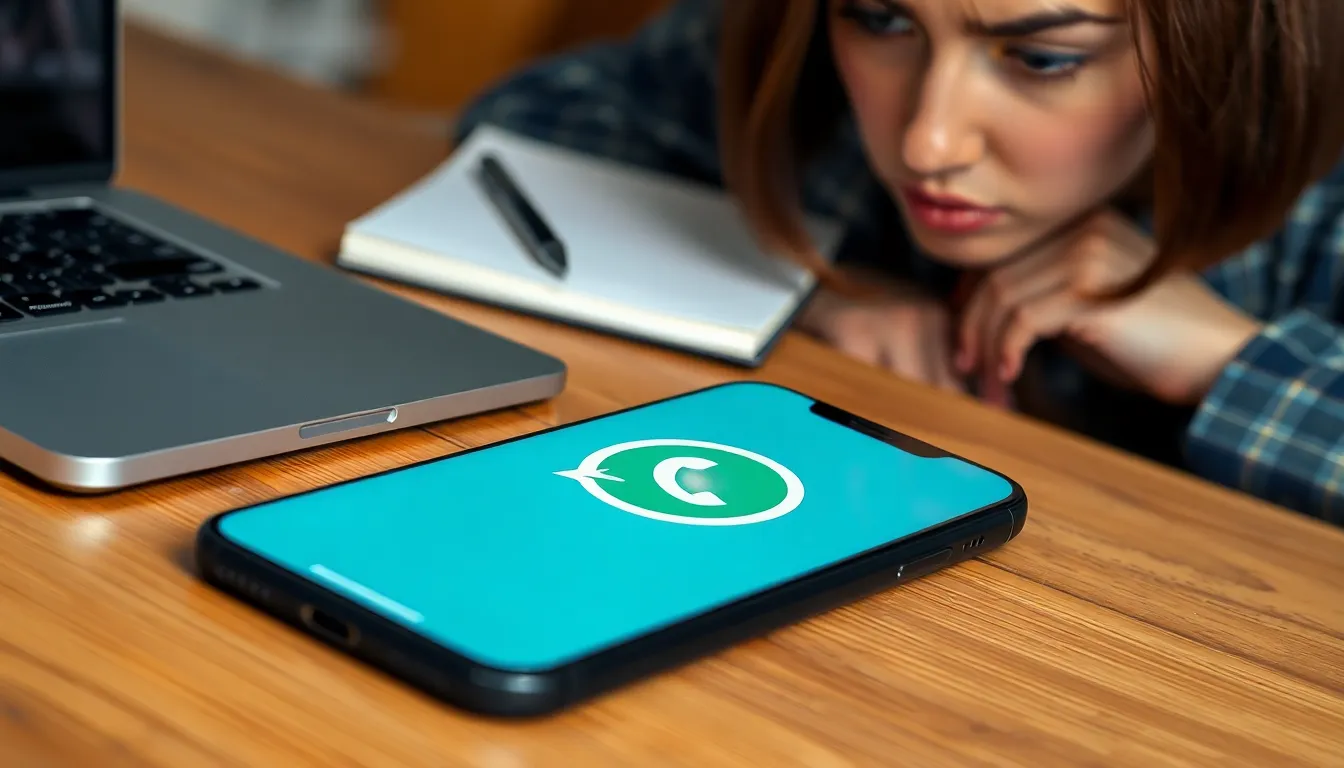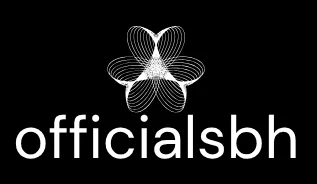Ever found yourself staring at your iPhone, wondering what secrets those deleted WhatsApp messages held? You’re not alone. It’s like trying to solve a mystery with half the clues missing. Maybe it was a hilarious meme or a crucial piece of information that vanished into the digital ether.
Table of Contents
ToggleUnderstanding WhatsApp Deleted Messages
WhatsApp deleted messages often leave users puzzled. Users frequently seek ways to recover these lost communications, hoping to reclaim valuable information.
How Deleted Messages Work
WhatsApp permanently deletes messages from chats once the sender opts to erase them. This action removes the message from the sender’s and receiver’s chats. However, the content might still exist on backups if messages are saved prior to deletion. Notifications can also display message previews even if the message is erased later. Accessing these notifications requires attention. Thus, understanding recovery mechanisms like backup restoration becomes essential.
Why Users Want to Recover Them
Restoration of deleted messages often serves various purposes. Users may need important information for work-related tasks or personal matters. Memes and jokes might hold sentimental value or provide entertainment. Additionally, users often wish to revisit discussions with loved ones or friends for nostalgia. The importance of privacy further drives this need, as it allows users to control their digital conversations.
Methods to See Deleted Messages

Various methods exist for iPhone users wanting to retrieve deleted WhatsApp messages. Understanding these options can lead to successful recovery.
Using WhatsApp Backup
Restoring from a WhatsApp backup provides a straightforward way to recover lost messages. In the app, users can access previous backups if they have enabled the backup feature. To restore, uninstall the app, then reinstall it. Upon opening, WhatsApp prompts for restoration. Current backups occur daily, but checking for available backups is essential via iCloud settings. Users must ensure the backup is recent enough to contain the deleted messages they seek.
Third-Party Apps for Recovery
Several third-party apps enable message recovery from WhatsApp. These applications scan the iPhone’s storage for deleted content, allowing users to restore lost messages. Popular options include Dr.Fone and iMyFone D-Back, both respected for their efficiency. Users install the app, connect their device, and follow on-screen instructions. While effective, it is crucial to read reviews and seek credible options. Caution is vital, as privacy and data integrity can be at risk when using these tools.
Preventing Message Loss in the Future
Preventing the loss of important messages minimizes the frustration associated with deleted content. Utilizing proactive measures ensures less chance of critical data disappearing.
Regular Backups
Regular backups keep chat histories secure. Enabling iCloud backups for WhatsApp occurs through the app’s settings under “Chats” and “Chat Backup.” Users can choose a backup frequency, including daily, weekly, or monthly options. Backing up regularly makes it easier to restore deleted messages or recover chats. Checking the iCloud storage regularly confirms available space and ensures backups complete successfully. Users benefit from creating backups before making significant changes to their accounts, such as switching devices.
Archiving Important Chats
Archiving important chats preserves valuable conversations without cluttering the main screen. Users can archive chats by swiping left on a conversation and selecting the archive option. Archived chats remain accessible and can be unarchived later for easy retrieval. This method works well for essential information, sentimental exchanges, and other messages users want to keep. Maintaining an organized archive reduces the risk of unintentional deletions, ensuring that crucial content stays secure while keeping the chat interface tidy.
Legal and Ethical Considerations
Accessing deleted messages on WhatsApp raises significant legal and ethical questions. Privacy laws govern how personal data, including messages, can be accessed and used. Users must understand that retrieving deleted messages without consent may violate privacy regulations.
Unauthorized access to someone else’s messages is often illegal and breaches trust. Respecting both the sender’s and recipient’s privacy is essential in maintaining healthy communication dynamics. When exploring recovery methods, consider the implications of accessing data not originally intended for them.
Users might also want to evaluate the terms of service provided by WhatsApp. These terms often outline what is permitted regarding data access and recovery. Engaging with third-party applications to retrieve deleted messages introduces additional risks. Some tools may require personal information, which can lead to potential data breaches or misuse.
Furthermore, understanding the ethical implications of message recovery goes beyond legal aspects. Decisions should align with honesty and integrity, ensuring that relations remain intact. Conversations should be preserved with consent and transparency, fostering trust among users.
Ethics also play a role in handling sensitive information contained within deleted messages. Conversations held in confidence often deserve respect, even after deletion. Users should think critically about whether recovering specific messages serves a constructive purpose or merely satisfies curiosity.
Legal and ethical considerations encompass a broad spectrum of responsibilities. Choosing to respect privacy, understand legal constraints, and prioritize ethical communication practices ensures a responsible approach to accessing deleted messages. Personal integrity and adherence to the law should guide every decision concerning message recovery.
Retrieving deleted WhatsApp messages on an iPhone can feel like navigating a digital maze. With the right strategies and tools users can uncover lost content while respecting privacy and ethical guidelines. Regular backups and careful management of chat settings can significantly reduce the chances of losing important messages in the future.
By understanding the available recovery methods and the implications of accessing deleted messages, users can make informed decisions that align with their needs. Prioritizing privacy and integrity ensures a responsible approach to digital communication, helping maintain trust in personal and professional interactions.



